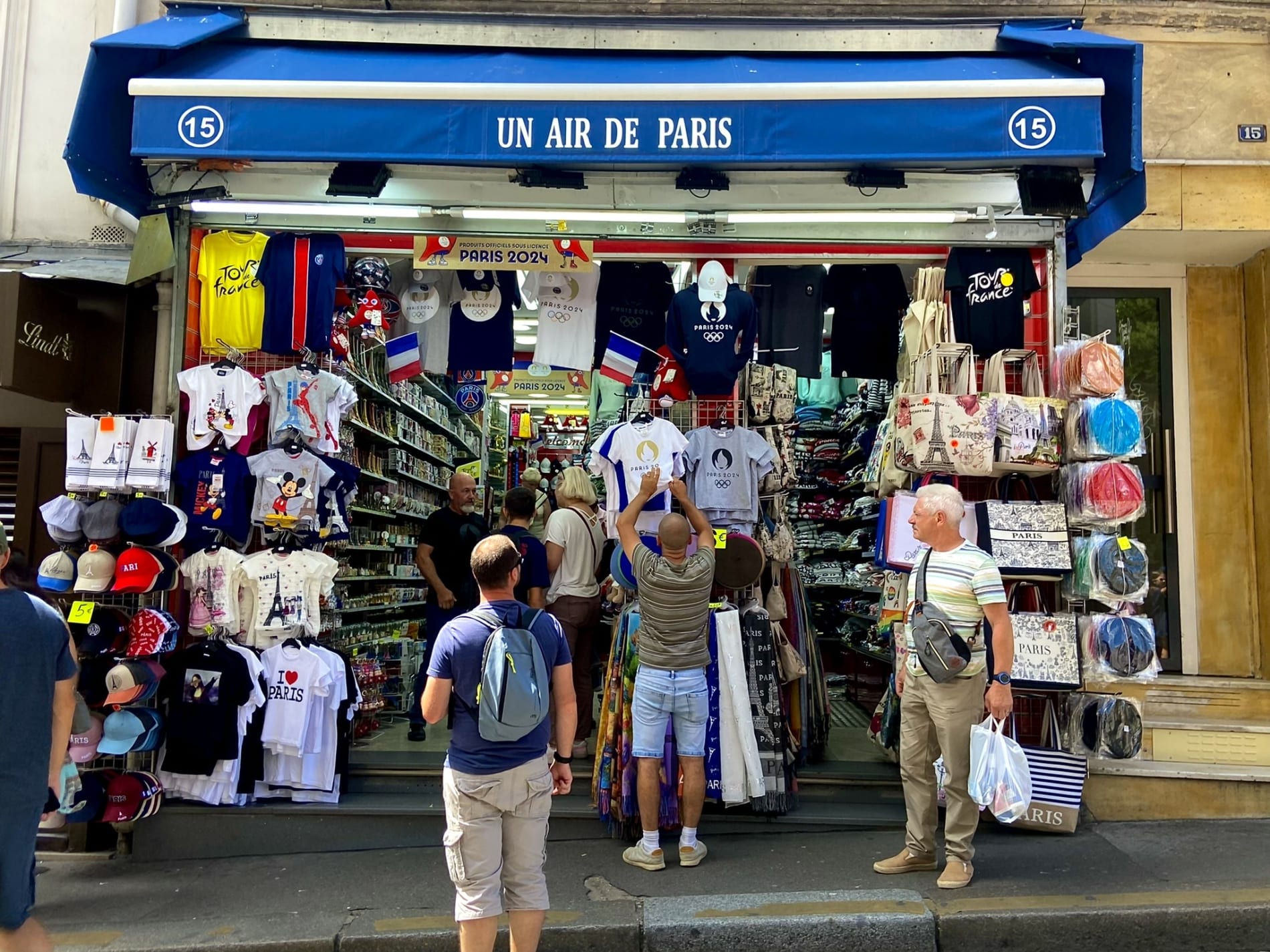
Read the Charter of Independence here.
Liberté, Égalité, Fraternité…Laïcité?
The 2024 Paris Olympics have ignited fresh debate on France’s controversial secular laws, raising questions about the role of religion in society and the extent of secularism in public life. These questions extend beyond global events like the Olympics to the more local Monash University faith-based clubs.
Recent controversy erupted when female Muslim athletes were barred from wearing hijabs during the Paris 2024 Opening Ceremony. French basketball player, Diaba Konate and the United Nations (UN) rights agency, both spoke out against France’s position on religious symbols in public spaces.
Konate said she “strongly believe[d] sports should be inclusive”, while Marta Hurtado, a spokesperson for the UN Human Rights Office, said she opposed imposing on a woman “what she needs to wear, or not wear”.

French Secularism, also known as laïcité, is a foundational principle of the country. It has been enshrined in French legislation for more than a century by the 1905 French law on the Separation of the Churches and State (Loi du 9 décembre 1905 concernant la séparation des Églises et de l'État).
However, the string of legislative changes against religious garments only began in the 2000s.
In 2004, wearing the hijab in primary and secondary schools was banned in the country. In 2011, a law banning facial coverings and headwear with religious significance included the burqa.
By 2022, the ban of the burkini - a swimsuit which consists of a top, pants, and head covering for public bathing. Then in 2023, the abaya - an over-garment cloak - in schools was banned.
A question was posed as to whether these laws affected secularism.
“In the case of France, the issue with secularism is that there is quite a chasm with secularism in theory and how it is applied in practice,” Dr Charlotte Mackay, lecturer of European languages at Monash University, said.
“We forget that secularism is about, fundamentally, the freedom to choose what it is you believe in.”
In interpreting the 1905 laws, Dr Mackay said there was a semantic slippage, namely “the manner [in] which secularism has been perverted…[and] harnessed, by specific individuals.”

Secularism in France was also addressed in the 2022 European Islamophobia report, in which research by various authors, data from NGOs, and interviews was collated to track the development of Islamophobia in the region of Europe.
Kawtar Najib, a lecturer in human geography from University of Liverpool, wrote that the Laïcité (Secularism) Plan “[was] the response of the French state to control and police the clothes of students in the name of the defence of secularism”.
Despite Islam being the second most-practiced religion in France, Dr Mackay said “there is a ‘baseline’ which is this white European Catholic identity, which is labelled secular, which of course it’s not.”
“The model in France is very much one of assimilation,” Dr Mackay said.
This contrasts sharply with Australia’s model of integration. Dr Mackay noted that while both models had their own “virtues and vices”, they both had links to each country’s respective colonial histories.

The model of assimilation requires immigrants to cut ties with their origins. For example, following both World War I and II, and the Algerian War (1954-1962), a flow of Algerians have immigrated to and between mainland France. Under the model of assimilation, Algerian background and culture was often relinquished upon becoming a French citizen.
Comparatively, under the integration model, numerous Australian colonial government laws and policies permitted the forced removal of Aboriginal and Torres Strait Islander generations from their communities and families, in an effort to integrate them into white Australian society.
Both models have since evolved, and in the 21st century France and Australia have taken steps to decolonise their government policies.
France’s relationship with religion relates to how its society operates and this differs from the Australian context. In Australia, secularism is not formally codified, and the balance between religion and politics remains a topic of debate.
Dr Ben Wellings, an Associate Professor of Politics and International Relations at Monash University, said the issue of religion in the political space is often “avoided rather than addressed”.
Locally, Monash University has several faith-based clubs, such as the Christian Union and the Islamic Society, reflecting a more inclusive approach towards religion in public spaces.

"I don't know how [faith-based clubs] would work in France,” Dr Wellings said.
“Religious identities were pushed more and more into the private realm.”
In direct contrast to France, Monash University’s guidelines direct Monash staff to “respect the wearing of religious attire”.
Dr. Wellings says that secularism is “seen as one of those universal values”. However its interpretation can vary significantly between countries.
The values of the French national motto “Liberté, Égalité, Fraternité” - liberty, equality, fraternity - ultimately hold power and are in dialogue with social and political changes that take place in France.